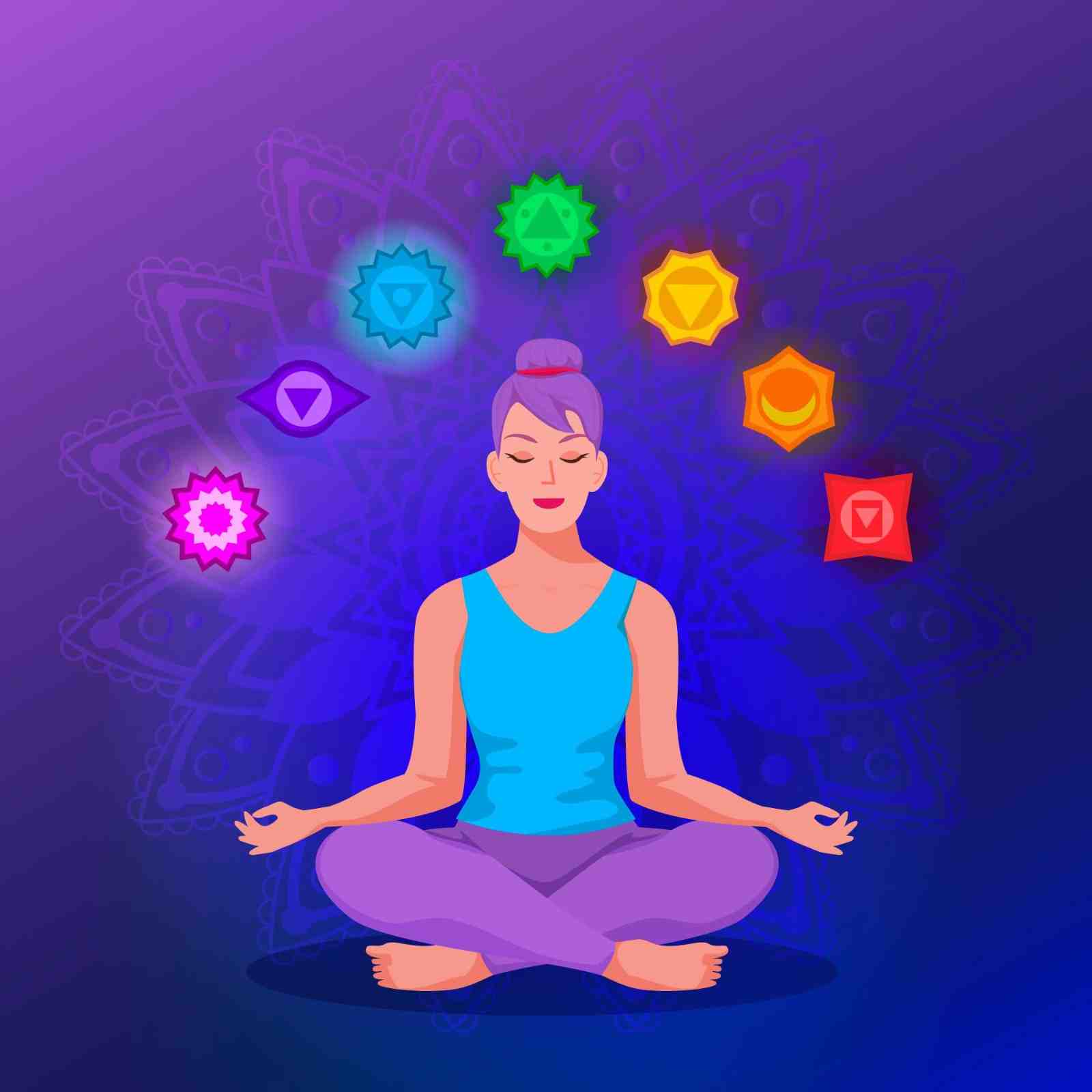


Explore real talk on mental health, healing, and why it’s okay to not be okay—plus gentle support from the wellness retreats trade fair.
We live in a world that often demands us to be okay—at work, at home, online. Smiles are expected, answers rehearsed, and breakdowns hidden behind “I’m fine.” But what if you’re not fine? What if you’re tired, overwhelmed, or emotionally worn out?
Here’s something you need to hear:
It’s okay to not be okay.
Struggling doesn’t mean you’re broken. Needing help doesn’t mean you’re weak. Being honest about your emotions is not failure—it’s the first step toward healing. And more than ever, spaces like the wellness retreats trade fair are opening up compassionate conversations around mental health, mindfulness, and the messy reality of being human.
This article isn’t about quick fixes. It’s about real talk—because the truth is, healing is rarely linear, and no one should have to go through it alone.
For years, mental health was treated like something you only talked about when everything fell apart. But now we know better. You don’t have to hit rock bottom to admit you’re struggling. You don’t have to pretend everything’s perfect to be respected.
The idea of “having it all together” is often just a performance—one that leaves people feeling even more isolated. Social media only makes it worse. We scroll through curated lives and wonder why our hearts feel heavy while theirs seem light.
But behind the smiles, many are carrying invisible weight. The truth? Most people are fighting silent battles.
Being honest about how you’re really feeling doesn’t make you a burden—it makes you brave.
“Just be positive.”
“It could be worse.”
“Others have it harder.”
“Everything happens for a reason.”
You’ve probably heard these before. While they may be well-meaning, these phrases can actually shut down real emotional processing. They invalidate your pain and push you to suppress what you’re feeling.
Healing doesn’t come from ignoring hard feelings. It comes from sitting with them, learning from them, and understanding what they’re asking you to notice.
Being hopeful is beautiful—but not at the expense of your honesty.
Healing isn’t a glow-up montage or a neatly checked to-do list. It looks like:
Saying “no” when you’re used to saying “yes.”
Cancelling plans to rest, not to escape.
Waking up anxious and still choosing to keep going.
Having good days… and then bad ones again.
Asking for help—and accepting it.
Healing is non-linear. It loops. It stumbles. It pauses. And that’s okay.
At spaces like the wellness retreats trade fair, you’ll find this honesty embraced. These events aren’t about perfection—they’re about reconnection. They offer safe, inclusive environments where emotional health is prioritized as much as physical health.
One of the cruelest tricks mental illness plays is convincing you that you’re the only one struggling. But the truth is: you’re not alone.
Every day, people just like you are learning to ask for support. They’re finding therapists, leaning on friends, joining communities, and exploring holistic practices—from journaling to meditation to simply breathing deeply again.
Events like the wellness retreats trade fair bring together people and professionals who understand what healing really takes. You’ll meet others who’ve been where you are, and you’ll learn that your story, no matter how messy or quiet, matters deeply.
Sometimes, healing feels overwhelming simply because you don’t know how or where to begin. That’s okay. The smallest steps count.
Start by saying how you feel—even if it’s just to yourself.
Let one trusted person know you’re not okay.
Cancel something that feels like too much.
Spend 5 minutes sitting in quiet.
Breathe deeply. Cry if you need to. Rest without guilt.
And when you’re ready, seek spaces that support your healing—like the wellness retreats trade fair, where healing is treated with tenderness, not shame.
You don’t have to be okay all the time. Admitting you’re struggling doesn’t make you weak—it makes you honest. And in that honesty lies the beginning of healing. Real growth doesn’t happen through perfection. It happens when you give yourself permission to feel, to pause, and to breathe.
If you’re looking for a supportive space to begin, events like the wellness retreats trade fair offer tools, community, and compassion to help guide your journey. You’re not alone, and you never have to pretend to be.
